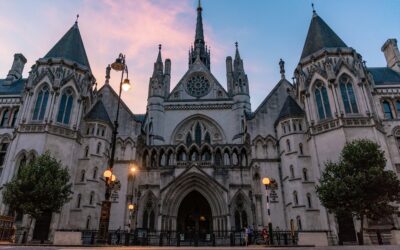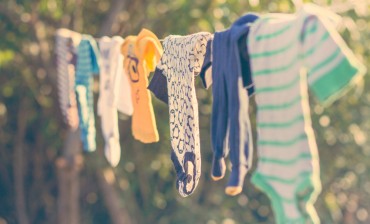NGA Law has been in the news again this week, having represented the parents of a brave and determined young woman who died following bowel cancer in her late 20s. Our clients’ daughter, AM, had her eggs collected knowing she was gravely ill and signed a consent form recording that she did not want her eggs to be allowed to perish if she died. She did not have a partner, but asked her parents to conceive and raise her children for her, and told other friends and family members that this was what she wanted.
After she died, the UK clinic where the eggs were stored refused to treat Mr and Mrs M, although agreed to export AM’s eggs to a clinic in New York. This required an application to the Human Fertilisation and Embryology Authority for permission to take the eggs out of the UK, which the HFEA refused three times, saying there was insufficient evidence that AM had consented to the eggs being used by her parents after her death or taken abroad.
The parents therefore applied to the High Court challenging the HFEA’s decision, essentially asking the court to find that their own evidence of her wishes was sufficient. However, the High Court ruled yesterday that the HFEA had acted lawfully in refusing the application for export. The HFEA was, the court said, “entitled to conclude that AM’s expression of her wishes was not clear at all in many respects where it needed to be clear”.
Unless the Court of Appeal says otherwise, the decision means that AM’s eggs cannot be taken outside the UK for treatment and instead will be destroyed once the permitted storage period comes to an end.
Mrs M has issued a statement in response to the ruling, saying:
“We are heartbroken that the judge has ruled against us. Our daughter went through an enormous amount when she was very ill to collect and store her eggs, and we know in our hearts that she regarded them as a life force which she wanted live on after her death – she referred to them as ‘her babies’ and told us before she died that she was happy they would be safe with us. She consented to the use of her eggs after her death and signed the form she was given at her clinic; she was never given any additional form to complete. Unless the court’s decision is overturned, it means that our daughter’s precious eggs will perish once their storage period comes to an end. We know that was absolutely what she did not want to happen. We have only ever wanted to honour her dying wishes, and to give effect to all she went through to preserve this part of her, and we are deeply saddened that the court has not allowed us to do so.”
Natalie Gamble, commenting on the case, says:
“There was a written consent form, which AM completed and signed, to say explicitly that she did not want her eggs to be destroyed if she died. No one has disputed that this was her wish. The legal difficulty was that AM did not specify in writing exactly what she did want to happen to her eggs after her death – something she didn’t realise needed to be done. Of course it is now too late to ask her.
The case shows how critical it is that clinics (and patients) who store eggs, sperm or embryos before cancer treatment are absolutely clear about what should happen after their deaths, making sure their wishes are not only expressed but recorded explicitly in writing.”
Find out more about the law on posthumous conception from our website.
Media coverage
Guardian – Mother loses bid to use dead daughter’s frozen eggs
Daily Mail – Mother loses High Court battle to use her dead daughter’s frozen eggs
BBC News – Mother in legal battle to have dead daughter’s baby
Guardian – Mother in legal battle to bear dead daughter’s child
Leading experts in conception law
Find out more about how we support those creating families



